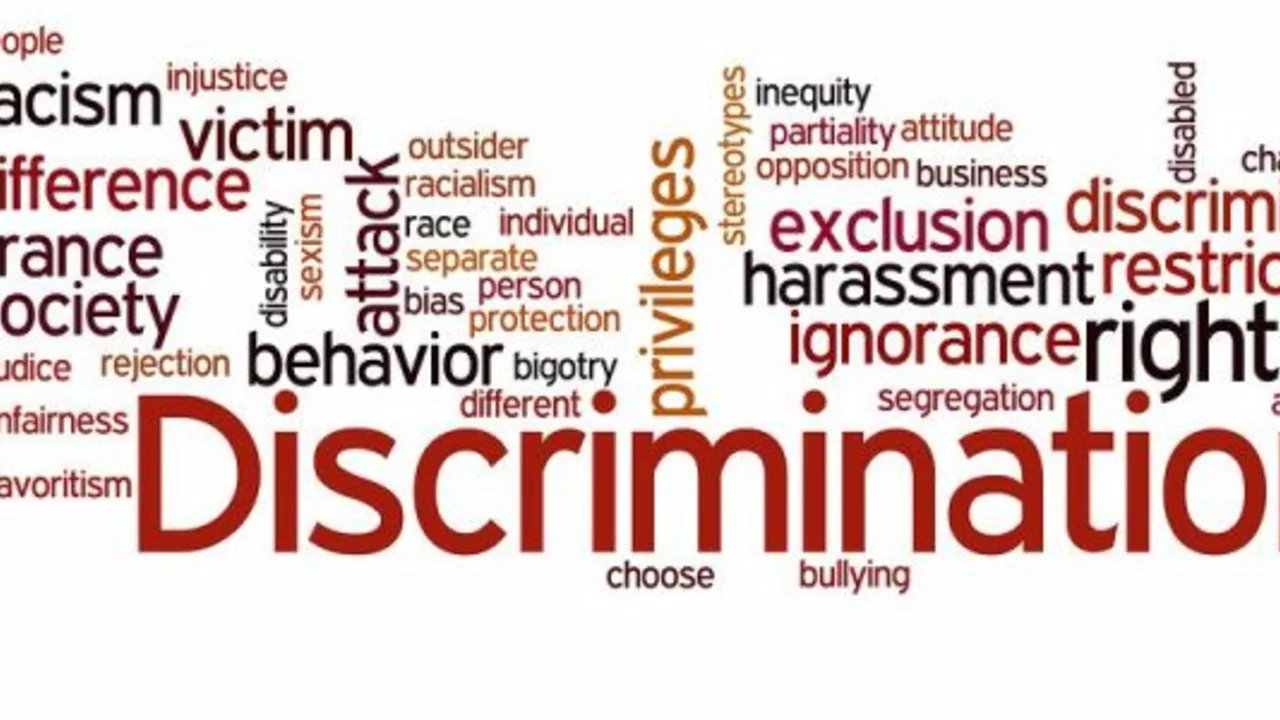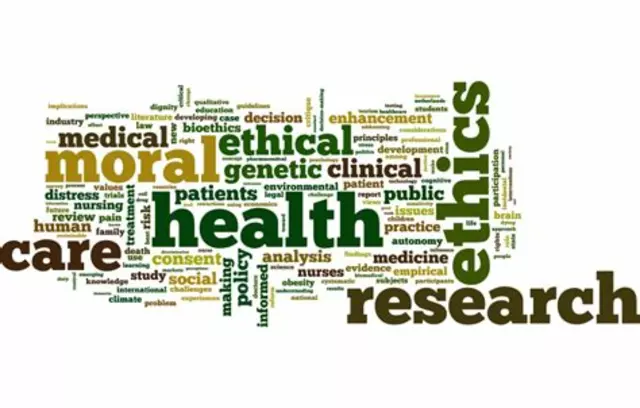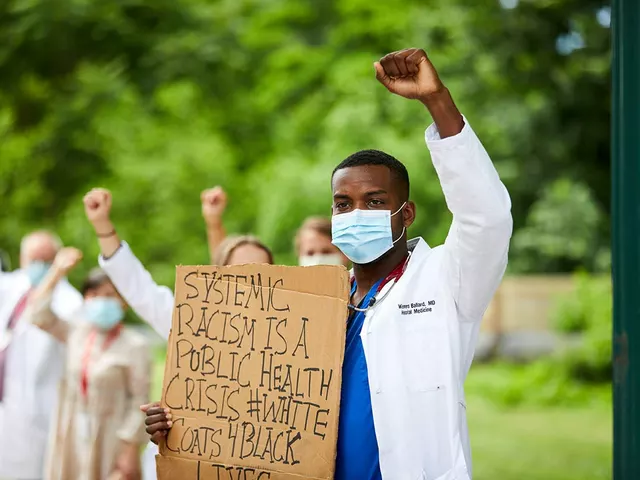Health education: clear, useful info to help you make better health choices
Want straightforward answers about health, insurance, and how systems work? This tag collects short, practical posts that explain real problems and show what you can do next. No jargon, no long lectures—just clear steps and real examples that fit normal life.
Here you’ll find explanations of how healthcare systems work, why costs vary, the basics of insurance, and simple daily habits that improve health. You’ll also see pieces on ethics in medicine and how marketing affects care. The goal: help you understand what matters and act on it.
How to use these posts
Start with a problem you have. If you’re confused about insurance, read the posts on finding low-cost plans and comparing coverage. If you want to understand system-level issues, read the short explainers about healthcare systems and public vs. private care. Each article includes concrete steps or questions to ask—use those while you shop or talk to a doctor.
Look for practical details: costs (premiums, deductibles), network size, co-pays, and whether the plan covers your regular meds. For system questions, note who pays, who provides care, and where gaps exist—these points explain why access and quality change from place to place.
Practical tips you can use today
Check the date and source before trusting health advice. Prefer recent posts and those that mention official guidelines or clear local options (like Medicaid, state marketplaces, or employer plans). If an article suggests a change, write down one small step you can take this week—call your insurer, book a checkup, or compare two plans online.
When choosing insurance, compare three things: total monthly cost, what you pay when you use care (deductible and co-pay), and whether your regular doctors are in the plan’s network. If money is tight, see if you qualify for Medicaid or subsidized marketplace plans. Small differences add up—don’t skip the math.
For day-to-day health, focus on simple actions: sleep enough, drink water, move regularly, and keep up with preventive visits. These habits reduce the need for expensive treatment later. If you’re unsure where to start, pick one habit and stick to it for two weeks before adding another.
If you worry about ethics or fairness in care, read the posts on patient rights and ethical medicine. They show what questions to ask your provider and how to spot care that isn’t centered on you. Knowing your rights helps you get better outcomes and feel more confident in decisions.
Use this tag as a practical toolbox: quick explainers, step-by-step checklists, and plain-language guidance. Scan titles to find what matches your situation, then take one action. Small moves add up—whether it’s changing a plan, asking better questions, or starting a healthier habit.
Want help picking where to start? Think about the one health worry that costs you most—money, access, or symptoms—and read the post that matches. Then act on the short checklist inside. That’s how health education becomes useful, not just interesting.
Addressing Racial Bias in Medicine - Improving cultural competence in health education
Posted by Finnegan Beckett On 27 Jul, 2023 Comments (0)

Well folks, buckle up because we're diving headfirst into the complex world of racial bias in medicine - it's a wild ride! Addressing this often unseen elephant in the room can have transformative impacts on health education and, ultimately, patient care - it's like turning a health kaleidoscope and seeing a whole new perspective! Improving cultural competence is like adding a secret ingredient to the health education recipe, it's about understanding, respecting, and valifying diverse patient backgrounds. And boy, it's not only about fixing the bias, it's about busting out a new dance move called 'empathy' and shaking up the traditional healthcare rhythm. So, let's put on our thinking caps, lace up our boots and march towards a health education system free of racial bias - it's going to be a heck of a journey, but together, we can make it happen!




